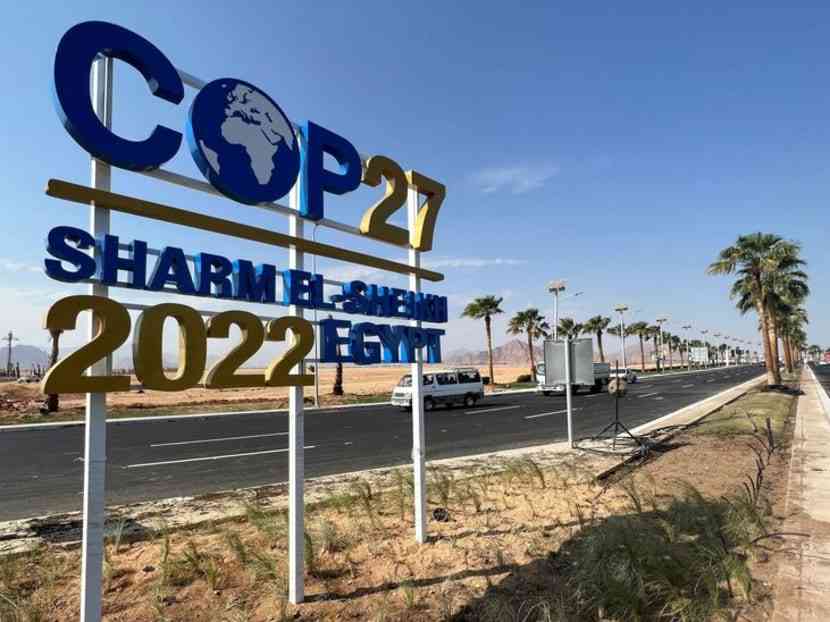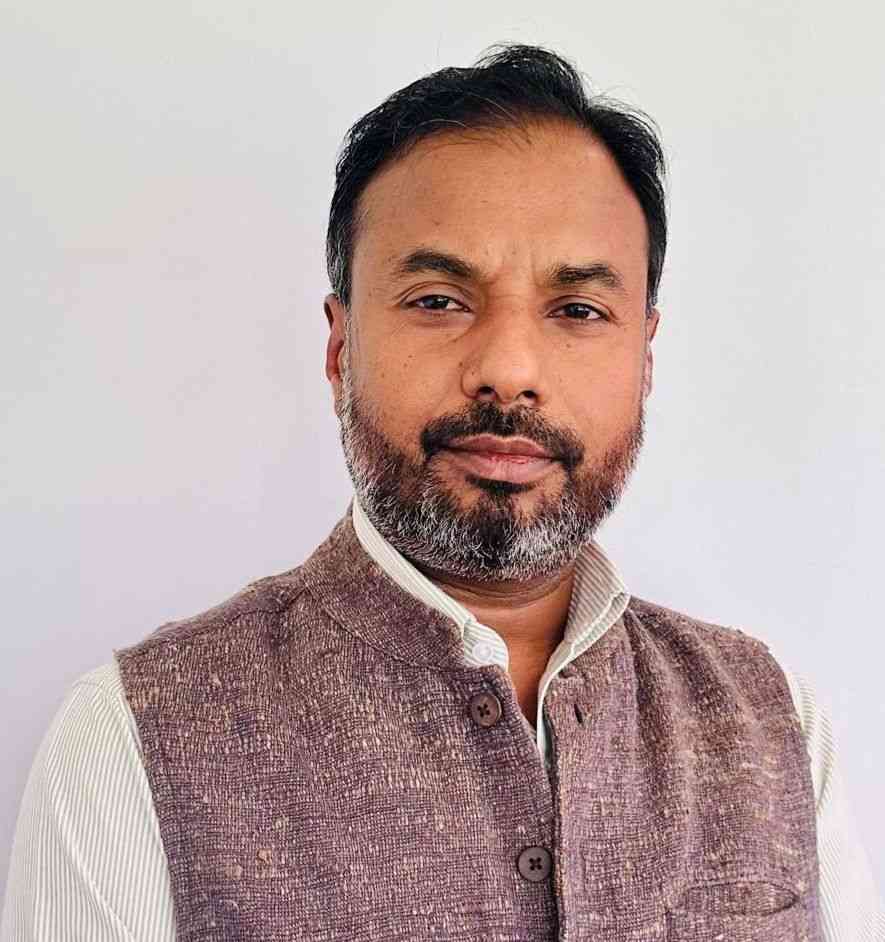
IT’S that time of year again where climate is big news. The 27th Conference of the Parties (COP) in Sharm El-Sheikh convenes business leaders, heads of state and regional bodies to plan how best to create and implement agreements and policies towards climate change mitigation. Instituted by the United Nations Framework Convention on Climate Change, the COP is the biggest climate policy and governance platform. 27 years after the first COP in Berlin, the world has changed in many ways; so has the global climate the COP is meant to protect.
The world’s relationship with the conference has also changed. There has been sharper criticism over the gathering’s perceived exclusionary nature, especially when it comes to the global South. Countries in the global South are already living in a new reality. They are experiencing the worst effects of a rise in global temperatures. Climate activists and campaigners have argued that not prioritising the perspectives, analysis and solutions from these countries is a disservice to the fight against climate change.
Activists have also accused the climate conference of greenwashing. Defined as a marketing strategy designed to mislead the buying public into believing that a company follows environmentally-friendly and sustainable practices, accusations of greenwashing arose as a result of Coca Cola being one of COP27’s sponsors. Coca Cola is one of the biggest polluters in the world, and although this is not the first COP it has been part of (previously having been a sponsor of COP22), this year’s sponsorship speaks to an increased corporate presence at the climate conference. The inclusion of corporations has been criticised as being hypocritical at best, and at worst allowing these companies space to lobby against action that would affect their profits and business practices. Then there is criticism that dismisses the COP as nothing more than a public relations and networking event, an opportunity for politicians to present themselves as on the right side of climate change without making substantial progress.
While the criticism levelled against the COP may seem harsh, there are valid concerns that the climate gathering is not doing enough to implement policies and frameworks necessary for climate action. And hope for substantive climate action is dimming; the world is currently on track to break 1.5°C and 2°C targets set by the 2015 Paris Agreements, and global carbon emissions rose to 36.3 billion tonnes - the highest level on record. The effect of the war in Ukraine and fears of a looming global recession on global geopolitics have also jeopardised multilateralism. With countries increasingly turning their focus inward, there is less incentive and desire to participate in a global campaign. This is especially true of countries in the global North. The UK’s Prime Minister Rishi Sunak initially stated that he would not attend, only to do a U-turn a few days later. Australian Prime Minister Anthony Albanese didn’t attend the COP, although he was represented by Australia’s climate change and energy minister. As the world seemingly spirals from one crisis into another, a climate apocalypse looms over us, with floods, drought, heatwaves and wildfires already tearing across the globe.
What is Africa’s position in all of this? Although contributing 2-3% of global greenhouse emissions, Africa has been disproportionately affected by climate change. Data from the African Development Bank shows that we lose up to 15% of our per capita economic growth due to the effects of climate change. The same report shows a US$1.3 trillion climate finance gap between 2020 and 2030. But it’s not all doom and gloom. While the climate crisis should be treated seriously, it’s easy to slip into despair and resign to an inescapable apocalyptic-esque future. In that process, genuine efforts and progress can be overlooked or minimized.
Zimbabwe was part of a team of African negotiators that met ahead of COP27 to discuss how to expedite plans for resilience building and mitigation. Despite slow progress on climate financing for the global South, the African Development Bank recently secured USD$31 billion at the recent Africa Investment Forum. Part of the investment will go towards energy and climate projects. The AFDB has been busy with its climate-related initiatives. It co-created the Africa Adaptation Acceleration Programme (AAAP), which aims to raise USD$25 billion over five years to facilitate and accelerate climate change adaptation projects across Africa. It also champions the Africa Climate Change Fund, which currently funds projects focused on building resilience in hard-hit communities and promoting sustainable economic growth. More than 40 African countries have revised their Nationally Determined Contributions (NDCs), steps that a country intends to take to reach its climate goals.
The fifth COP to be held in Africa was more accessible for us to attend (although there are no direct flights between Harare and Cairo). This could work in our favour, especially for young climate activists, organisations and advocacy groups. More participation from these groups can increase pressure to prioritise funding and support for the global South. Secondly, it presents another opportunity for African lawmakers, government officials and non-governmental organisations to connect and create new paths for collaboration. The recently held Africa Climate Week (ACW) established the need to invest in climate-smart agriculture, stronger capacity building for carbon pricing and markets, creating climate-proof cities and sustainable infrastructure, and supporting Africa’s Small to Medium Enterprises (SMEs). It also concluded the need to work with communities to create and implement projects, the inclusion of indigenous knowledge systems, and the participation of youth. Given that the discussions and outcomes of the ACW were informed by the same stakeholders meeting again in Sharm El-Sheikh, COP27 was a platform for consolidating intracontinental relationships, forge new connections and most importantly, continue the work of climate action.
COP27 will come and go, dominating headlines for two or so weeks then slipping further and further down the list of trending news topics until it disappears completely. However, for a continent looking down the barrel of climate catastrophe, working together before, during and after the climate conference is imperative for adaptation, resilience building, capacity building and mitigation. Imperfect as it is, the COP is undoubtedly a critical gathering for global climate policy, but it’s not the entirety of it. The work done beyond the conference by governments, NGOs, organisations and corporations is what will truly make or break the future of our country, continent and climate.
- Makomborero Muzenda is a writer and analyst. These weekly New Perspectives articles published in the Zimbabwe Independent are coordinated by Lovemore Kadenge, an independent consultant, past president of the Zimbabwe Economics Society and past president of the Chartered Governance & Accountancy Institute in Zimbabwe (CGI Zimbabwe). — kadenge.zes@gmail.com or mobile: +263 772 382 852











